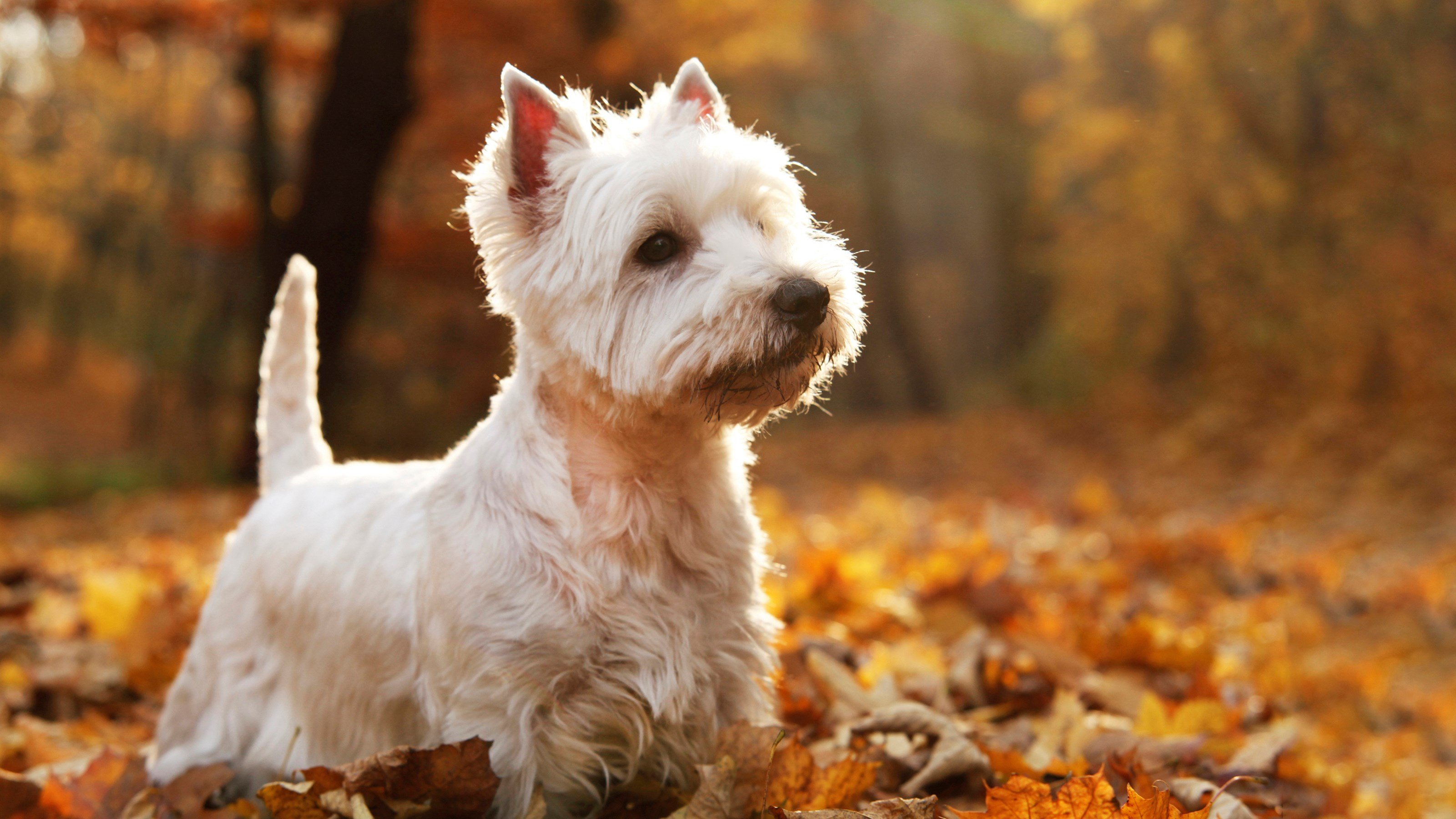
Conker Hazards In Dogs
In the Autumn, conkers (also known as Horse Chestnuts), can be found in abundance in streets and woods.
While many dogs ignore these on walks, some like to play with them or even try to eat them. Conkers can generally cause two types of issues for dogs that try to eat them.
More about conker poisoning
Blockages: Although the nut is smooth and shiny, once it has left the green spiky shell, conkers can still cause life-threatening blockages. If swallowed, they can get lodged in the stomach or intestines (gut), requiring emergency surgical removal to clear the obstruction.
Poisoning: Conkers contain a chemical called aesculin, which can be toxic to dogs if eaten.
Dogs can become very unwell if they ingest conkers. They can start vomiting, have diarrhoea, and display abdominal pain and look really uncomfortable. In severe cases, the dog may become dehydrated and go into shock. Unfortunately, if not treated quickly enough, death is also sadly not out of the question.
It's important not to panic but get in touch with your vet immediately. It can help if you know roughly how many your dog has eaten, as well as any symptoms that they could be showing.
According to the severity and the amount ingested, the vet may choose to drop the dog and surgery may also be needed.
The advice is to keep a good eye on your dog during walks when conkers have fallen, especially if they tend to pick things up whilst out.
For more information on poisons in dogs, including symptoms and actions to take, please see Vet Help Direct's poison guide.
Health Plans to keep your dog healthy
At Vets4Pets we offer a range of Health Plans that make essential routine treatments more affordable. You'll save money on things like annual vaccinations, flea and worm treatment and routine health check-ups.

Dog Advice
Read more of our expert dog advice to keep your dog happy and healthy.
